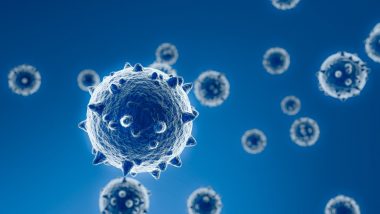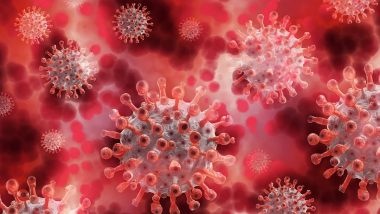The novel coronavirus is a mysterious virus. Because it is new, there is very little information about the virus, which causes COVID-19 infection among the people. Millions have been infected so far, and the pandemic has halted regular life. Amid all this, scientists are continuously trying to find as many answers as possible about the virus. But it is a new virus; there is very little knowledge about COVID-19. The Centres for Disease Control and Prevention (CDC) has been updating its website with more and more information possible. A new addition to CDC’s “When to Quarantine,” stresses on the people and their immunity who have been a victim of COVID-19 already. If you have been infected with the virus, how long are you immune once recovered from COVID-19? In its latest addition, the US public agency clarified that coronavirus immunity and antibodies are still a mystery.
On August 14, 2020, CDC updated its guidelines for quarantining to prevent the spread of COVID-19. Notably, the agency excludes “people who have had COVID-19 within the past three months.” So, does it mean that your immunity will last three months after being recovered from the virus? No. This guidance does not apply to people who have recovered and then develop symptoms again.
While the guidelines appeared to imply that recovered COVID-19 patients could assume they have some immunity to the immunity for the virus for 90 days, CDC released another statement, later to clarify the same, as the immune response to the virus is still largely unknown. In its new addition, CDC’s When to Quarantine website, the agency noted, “On August 3, 2020, CDC updated its isolation guidance based on the latest science about COVID-19 showing that people can continue to test positive for up to 3 months after diagnosis and not be infectious to others.” The media release, continued explaining, “Contrary to media reporting today, this science does not imply a person is immune to reinfection with SARS-CoV-2, the virus that causes COVID-19, in the 3 months following infection.” COVID-19 New Symptoms Listed by CDC: Congestion or Runny Nose, Nausea and Diarrhoea, US Health Agency Adds These Three in List of Possible Coronavirus Signs.
So, what does the guidance really mean? In the release, the CDC added, “The latest data simply suggests that retesting someone in the 3 months following initial infection is not necessary unless that person is exhibiting the symptoms of COVID-19 and the symptoms cannot be associated with another illness.”
The statement was reportedly pointed to the results of 15 recent studies on how and when people can spread the virus. The research suggested that the amount of live virus in a person’s nose and throat drops significantly soon after they show symptoms.
(The above story first appeared on LatestLY on Aug 16, 2020 12:31 PM IST. For more news and updates on politics, world, sports, entertainment and lifestyle, log on to our website latestly.com).













 Quickly
Quickly





















